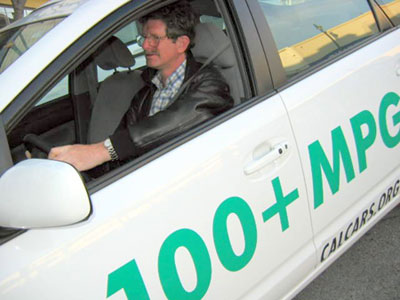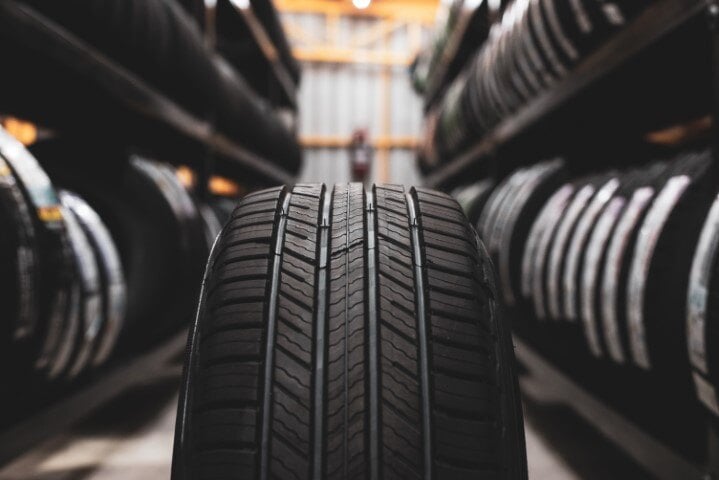1 min read
Tips on Buying a Fuel Efficient Car
With gas prices over three dollars a gallon, more and more people are bypassing the SUVs and considering fuel economy as an essential part of their...

In the competitive automotive market, carmakers have to squeeze every last ounce out of their car designs to make them as efficient as possible. As consumers, we don’t think about all of the design elements that have to go into making fuel-efficient cars. Following are the key elements that go into designing and building fuel-efficient cars and trucks.
 The most important factor in fuel-efficient design is the Weight of the vehicle. This is because the amount of energy (i.e. fuel) needed to accelerate the vehicle is proportional to its mass or weight. This is a problem for designers who have to fit an ever-increasing amount of heavy and dense computer machinery into a car that’s supposed to be getting lighter in order to become more fuel-efficient. On the bright side, if you can make a lighter car, you can replace heavy-duty components with lighter ones, like in the suspension and breaks, because those parts don’t have to work as hard to service the lighter machine. You can also use smaller tires which have less drag on the road and contribute to making the lighter vehicle more fuel-efficient.
The most important factor in fuel-efficient design is the Weight of the vehicle. This is because the amount of energy (i.e. fuel) needed to accelerate the vehicle is proportional to its mass or weight. This is a problem for designers who have to fit an ever-increasing amount of heavy and dense computer machinery into a car that’s supposed to be getting lighter in order to become more fuel-efficient. On the bright side, if you can make a lighter car, you can replace heavy-duty components with lighter ones, like in the suspension and breaks, because those parts don’t have to work as hard to service the lighter machine. You can also use smaller tires which have less drag on the road and contribute to making the lighter vehicle more fuel-efficient.
How efficient is the car mechanically? The answer to that question contributes to the fuel efficiency of the vehicle – how much of the car’s onboard energy propels the vehicle? Electric vehicles differ from conventional vehicles in this regard – electric vehicles are more efficient but need to have heavy batteries, which negates the effect. Conventional internal combustion (gasoline and diesel) vehicles don’t have this weight problem but are more mechanically inefficient (less than 40% of the chemical energy of the fuel gets turned into movement).
How aerodynamic is the vehicle? All cars expend a portion of their fuel energy to overcome the drag of the air around them. The frontal area of the car contributes the most to this, as does the “drag coefficient” of the car, which involves how easily the shape of the car moves through the air around it. Engineers work hard to minimize both of these factors while keeping the vehicle stylish and appealing to consumers.
Finally, there is “rolling resistance” – the drag that slows the car down from being in contact with the road. This is mainly from the tires – how big are the wheels? The more rubber on the road, the more friction, and resistance, which means a less efficient vehicle. But engineers have to strike a balance between minimizing this (smaller tires?) while keeping the handling of the vehicle at its optimum.
Check out our previous post on fuel savings: Finally Real Tips for Gas Savings
Bell Performance is different. It works! We are the original fuel additive manufacturer with road use and laboratory tests since 1909. Bell Performance fuel additives are proven to produce 10-15% in gas savings. Vehicles using Bell Performance fuel additives get a truckload (pun intended) of benefits:


1 min read
With gas prices over three dollars a gallon, more and more people are bypassing the SUVs and considering fuel economy as an essential part of their...

June is both national safety month and also the start of the summer driving season. In the spirit of the month, you want to make sure you enjoy your...

You may notice that your gas mileage has gone down a little bit in the past couple of months. Before we go blaming on ethanol (even though ethanol’s...